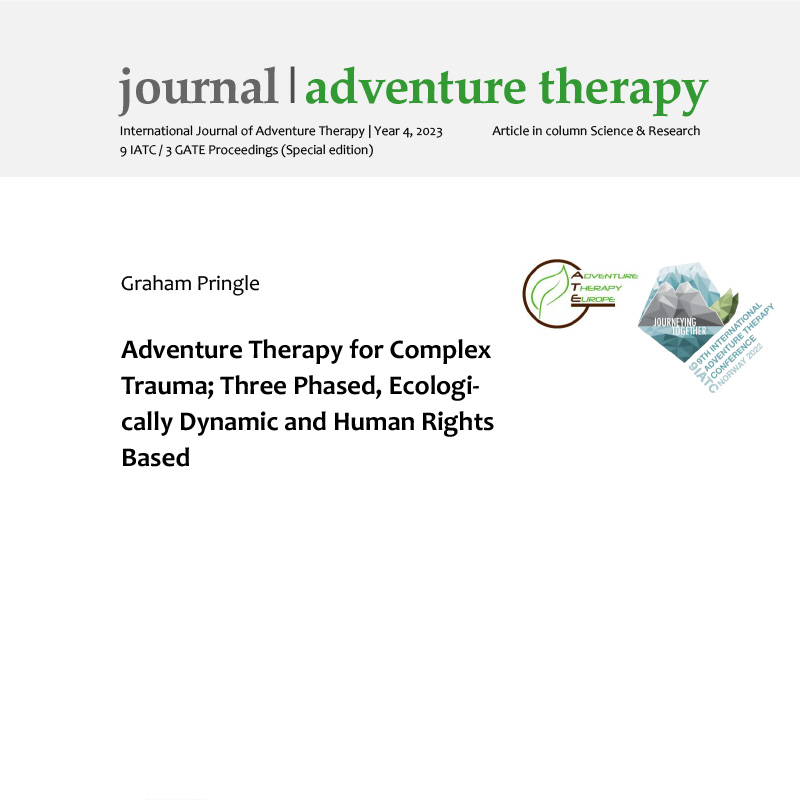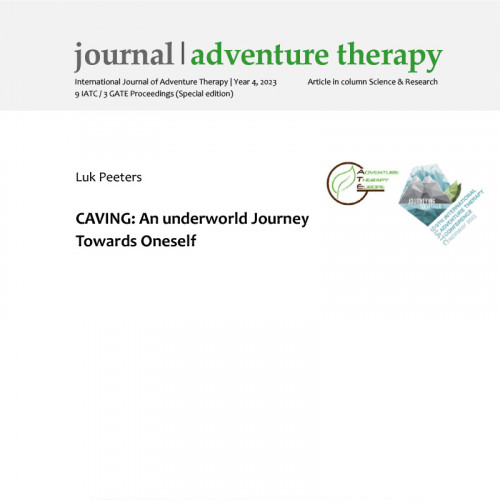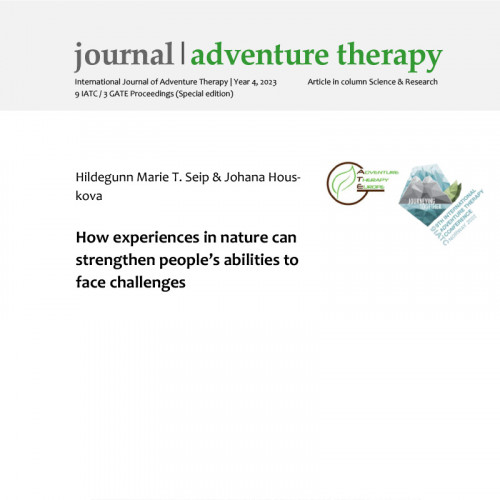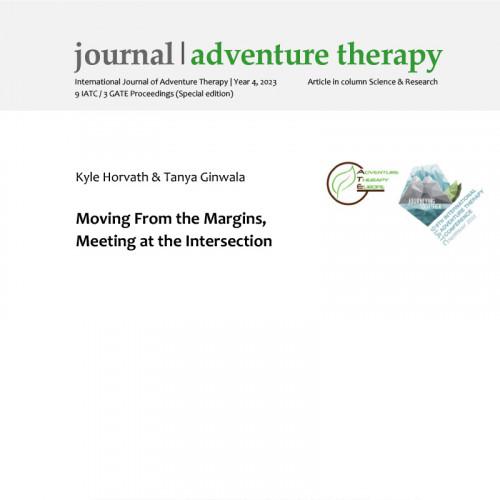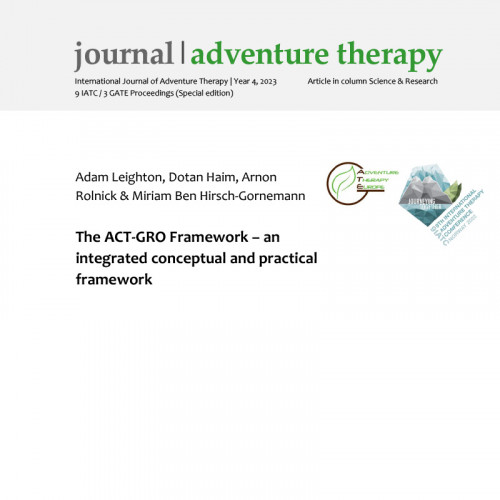Authors: Graham Pringle
Background: Adventure therapy (AT) experiences may be restorative for complex trauma (CT) however no theory or practice framework yet exists. Purpose: This research reviewed best practice from both CT and AT fields to critically review theory and practice. Methodology: I scoped and critically analysed both the AT and CT literature and interviewed academics, practitioners and young AT participants. I also critically reflected on public posts about wilderness therapy (WT). Findings/Conclusions: A tri-phasic approach including safety, processing and integration leads to improvements in attachment, skills, schemas and stress management. Ecological dynamics (ED) and some well-intended but harmful practices were evident, yet not often described. Implications: A human rights-based practice ED framework may help avoid these harmful practices. Such a CT informed AT practice may enhance program effectiveness for young people with CT and should apply to all forms of AT. More research is needed due to differences in ontology and epistemology.
